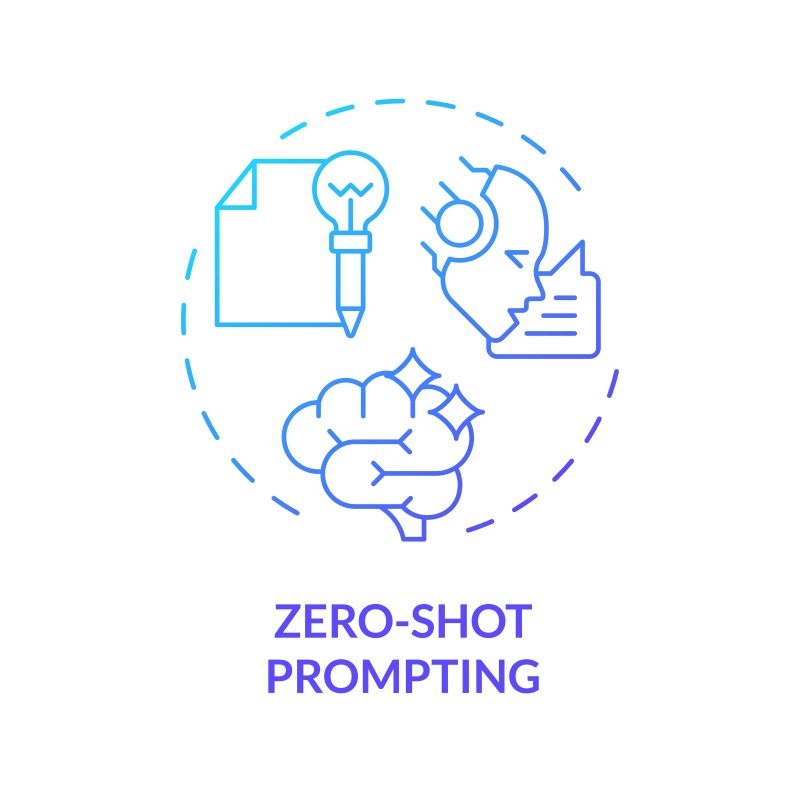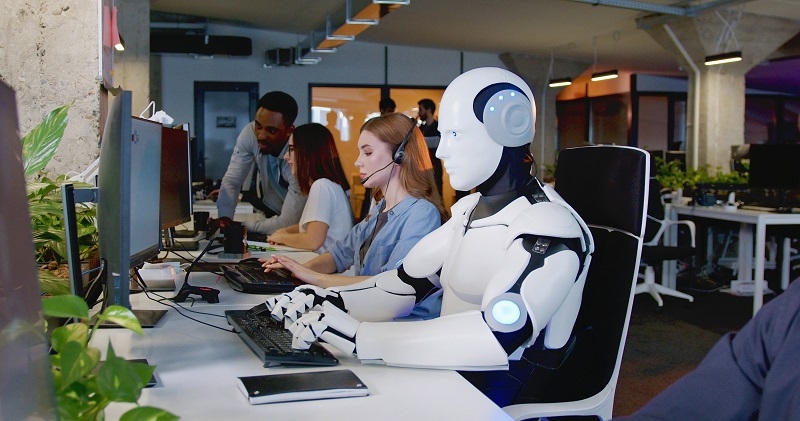Examples and Applications of AI in Day-To-Day Life
Artificial intelligence is no longer just a concept confined to laboratories or tech giants. It now powers the decisions we make, the products we use, and the services we rely on daily. Whether you're unlocking your phone with facial recognition, receiving product suggestions online, or navigating city traffic, AI systems are quietly working behind the scenes to make life faster, smarter, and more personalized.
In this blog, we explore examples and applications of AI in day-to-day life and how these advancements are reshaping society, one interaction at a time.
Understanding Artificial Intelligence in Everyday Life
The term artificial intelligence refers to machines or software that mimic human intelligence to perform tasks like decision-making, language translation, and visual recognition. Unlike traditional software, AI algorithms continuously learn from data, recognizing patterns that help systems improve over time without manual programming.
This capability enables automation in areas ranging from customer support to medical diagnostics. The real value of AI lies in its integration into daily routines, delivering convenience, efficiency, and insight to individuals, businesses, and entire industries.
AI in Personal Technology
One of the most visible forms of AI in everyday life is in personal tech. Virtual assistants such as Siri use natural language processing to interpret spoken queries, provide answers, or execute commands. AI also powers your smartphone camera to enhance images, recognize faces, and optimize lighting conditions in real time.
Social platforms like Instagram use AI to analyze your behavior and deliver content you're more likely to engage with. Whether it's suggesting reels or curating your feed, algorithms drive user engagement by identifying interests and trends.
AI Applications in Smart Homes and Wearables
Smart homes operate on AI-enhanced ecosystems. Thermostats adjust automatically based on occupancy, smart lights learn your habits, and security systems identify unusual patterns in activity. These systems make everyday tasks effortless while improving energy efficiency and safety.
Similarly, wearable devices like fitness trackers and smartwatches employ AI to monitor health metrics. From detecting arrhythmias to encouraging activity, these tools turn raw data into actionable insights for better living.
Real-Time Applications in Navigation and Transport
AI's role in transportation has grown significantly in recent years. Navigation apps use real-time traffic data to calculate optimal routes, predict delays, and offer recommendations on when to leave. These systems learn from millions of users to improve service continuously.
Ride-sharing platforms pair users with drivers using predictive algorithms that consider location, traffic, and user ratings. Autonomous vehicles are pushing these boundaries further, using AI to make split-second driving decisions based on environmental input.
Business and Customer Service Transformation
From small startups to global enterprises, AI applications in business are driving productivity and reducing operational friction. In customer service, AI-powered chatbots answer questions, resolve issues, and route complex problems to human agents. This not only cuts wait time but ensures consistent support at scale.
In retail, AI software personalizes the online shopping experience by analyzing preferences, browsing history, and purchase behavior. It also predicts demand, manages inventory, and even sets dynamic pricing based on competitive trends.
Read More: AI in the Workplace Driving Efficiency and Team Growth
AI in Healthcare: A Human-Centric Shift
In healthcare, AI is improving outcomes while reducing human error. Diagnostic tools analyze medical images faster and with greater accuracy than traditional methods. Machine learning models help predict patient risks, recommend treatments, and even automate administrative tasks like billing.
AI enhances patient monitoring through connected devices that alert caregivers in real time. By identifying anomalies in vital signs or medication schedules, these tools empower proactive care and early intervention for patients.
Education and Learning Experiences
AI plays a pivotal role in modern education. Adaptive learning platforms adjust content difficulty based on students' performance, creating a personalized learning curve. AI also supports language learning by offering pronunciation feedback and contextual vocabulary assistance.
Additionally, educators benefit from tools that grade assessments, detect plagiarism, and offer content recommendations to enhance the curriculum, all while freeing up time for more direct student engagement.
Opportunities and Ethical Considerations
Despite the impressive applications, AI brings challenges. Bias in algorithms, ethical data use, and job displacement are pressing issues that require thoughtful regulation. As these technologies continue to evolve, people, governments, and businesses must align innovation with responsibility.
Adopting transparent frameworks and inclusive design principles ensures AI serves everyone, not just tech-savvy users. The goal is to strike a balance between automation and human oversight.
Final Thoughts
AI has rapidly transitioned from a high-tech innovation to a fundamental part of modern life. From enhancing convenience in homes to saving lives in hospitals, the examples and applications of AI in day-to-day life are vast and growing. These tools don't just automate, they transform. As society continues to embrace AI systems, the potential for smarter, safer, and more responsive solutions only expands.
To explore advanced AI tools tailored to your specific needs, visit Search.com to learn more or download our latest solutions. For personalized assistance and inquiries, feel free to contact us and ask about a powerful ChatGPT alternative that delivers real-world value beyond basic automation.





